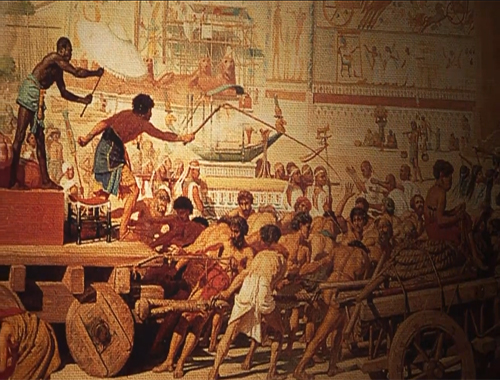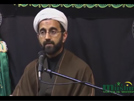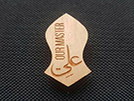INTELLECTUAL AWAKENING OF THE MUSLIMS
- Details
- Hits: 1080
The momentous intellectual awakening of Muslims witnessed in the second century of the Hijra was not due to Hellenic or other foreign influences, as some Western historians have recorded. It was the result of untiring and ceaseless efforts by the members of the Prophet’s family, who worked hard under hostile conditions and made great sacrifices to bring about that golden age of knowledge.
It is an irony of fate that bloodthirsty Bani Abbas, who were never interested in knowledge, took the credit for the intellectual awakening of Muslims. The standard of morality, knowledge and intelligence of as-Saffah, al-Mansur and other members of that tribe can be judged by the heinous and horrid acts of savagery they perpetrated. They murdered in cold blood thousands of innocent Muslims, men, women and children. They feasted merrily amid moaning and groaning of their guests, whom they had invited and then cut into pieces. They exhumed the dead bodies of Umayyad caliphs from the graves, flogged them and burned them.
Among all the Abbasid caliphs, only al-Mamun was interested in knowledge. The rest of them were interested in accumulation of wealth, a luxurious life, worldly pleasures and satisfaction of their carnal desires.
Historians and storytellers have placed a halo of glory and grandeur around the head of Harun. He was nothing but a tyrant and a despot. He slaughtered the whole tribe of Barmakids simply because his vizier, Ja’far had children from his sister, Abbasa. They were legally married by the caliph himself. His palace with its annex for his harems, slave girls, eunuchs and functionaries occupied one third of the city of Baghdad. He was more interested in frivolous pastimes, belly dancers and drinking wine than in science and literature.
“Like a magnet the princely munificence of Harun, the beau ideal of Islamic kingship, and of his immediate successors attracted to the capital, poets, wits, musicians, singers, dancers, trainers of fighting dogs and cocks and others, who could amuse, interest and entertain.”
The bayat (oath of allegiance) to as-Saffah, the first Abbasid caliph, was taken in A.H. 132. He spent most of his time killing people and consolidating his position. He died in A.H. 136 and was succeeded by his brother, al-Mansur.
When things settled down, al-Mansur found, to his great consternation, that if Bani Abbas had built an empire on the dead bodies of the Muslims, Imam Ja’far as-Sadiq (a.s.) had built a greater and more lasting empire in the hearts and minds of the Muslims. If the name of al-Mansur was recited from every pulpit in Friday Sermons, the name of the Imam (a.s.) was also mentioned everywhere in the Muslim world. The teachers and preachers of every sect of Islam used to say, “Qala al-Alim”, meaning ‘the Knowledgeable (Imam) said’, to prove the authenticity of the traditions they quoted.
Muslims had great love and respect for the Imam (a.s.), because he descended from their Prophet (s.a.) and because he was the most pious and learned man in the Muslim world.
This made al-Mansur jealous. He was also suspicious of the sincere efforts of the Imam (a.s.) to spread knowledge among Muslims.
Imam Reza (AS) Network











